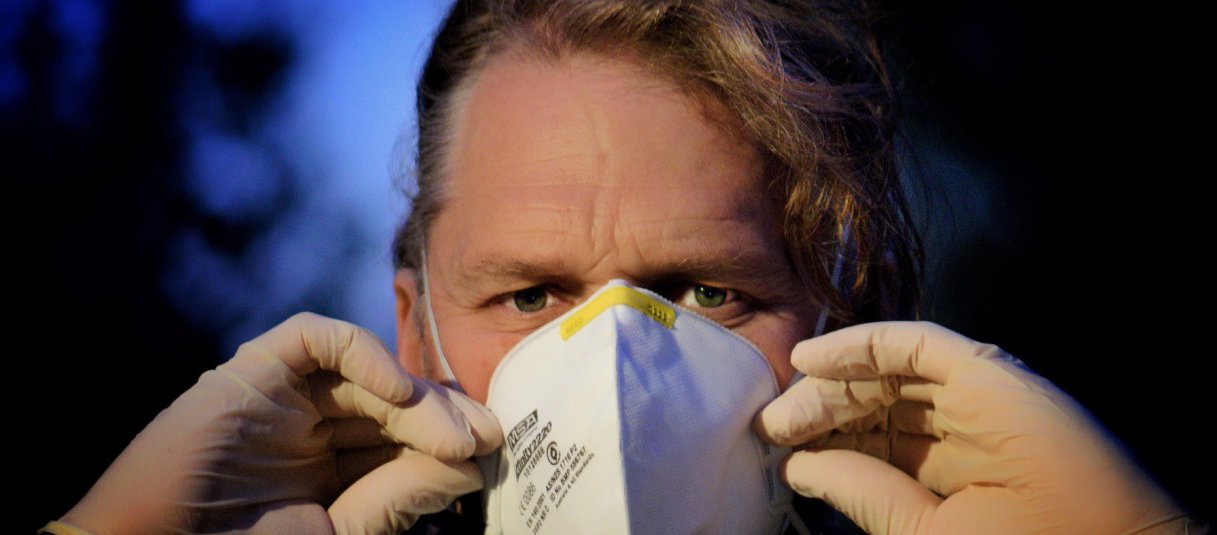Showing 267 results

James Goodwin | July 22, 2020
Donald Trump is no stranger to leaving things worse off than he found them, and this is precisely what his administration now aims to do with the Environmental Protection Agency (EPA), not just one of the most successful government institutions in the history of the United States, but indeed the world. Having worked quickly, if not sloppily, to dismantle every vestige of the Obama administration's efforts to promote cleaner air and water, the Trump EPA is now heading down a path of self-destruction. The agency's proposed "benefits-busting" rule, released early last month, is a big part of this campaign.

Darya Minovi | July 13, 2020
Nine months ago, residents of the Chicago suburb of Willowbrook, Illinois, scored a major victory in their fight to prevent emissions of a dangerous gas, ethylene oxide, into the air they breathe. In fact, their victory appeared to have ripple effects in other communities. But like so many other aspects of life in the midst of a pandemic, things changed in a hurry.

Michael C. Duff | July 2, 2020
Workers' compensation was created as a means to an end and not an end in itself. It addressed the outrageous frequency of workplace injury and death caused by railroads in the late 19th/early 20th century. The unholy trinity of employers' affirmative tort defenses – assumption of the risk, contributory negligence, and the fellow servant rule – meant that workers or their survivors were not being compensated adequately or, in many cases, not at all. For this reason, expert American investigators were dispatched to Europe between 1909 and 1911 to study the existing workers' compensation systems there. Our current system was the result.

Alice Kaswan | July 1, 2020
When California adopted its first-in-the-nation regulations requiring truck electrification on June 25, the state took a step (or drove a mile) toward reducing pollution in the nation's most vulnerable communities. The new regulation exemplifies a key feature of California's approach: its integration of climate goals, clean air goals, and, at least in this case, environmental justice goals.

Thomas McGarity | June 17, 2020
Governments and industries are "reopening" the economy while COVID-19 continues to rage across the United States. At the same time, the lack of effective, enforceable workplace health and safety standards puts workers and the general public at heightened risk of contracting the deadly virus. In a new report from the Center for Progressive Reform, Sidney Shapiro, Michael Duff, and I examine the threats, highlight industries at greatest risk, and offer recommendations to federal and state governments to better protect workers and the public.

Katlyn Schmitt | June 16, 2020
On June 9, the House Energy and Commerce Committee's Subcommittee on Environment and Climate Change held a remote hearing, “Pollution and Pandemics: COVID-19’s Disproportionate Impact on Environmental Justice Communities.” The Center for Progressive Reform, joined by Fair Farms, Sentinels of Eastern Shore Health (SESH), and the Sussex Health and Environmental Network submitted a fact sheet to subcommittee members outlining the impacts of COVID-19 on the Delmarva Peninsula, along with a number of recommendations for building a more sustainable model for the region. The area is home to a massive poultry industry, hit hard by the coronavirus pandemic. We addressed several of the most severe problems in our fact sheet.

Michael C. Duff | June 15, 2020
While I suspect that workers' compensation claims, even without the aid of workers' compensation causation presumptions, may fare better than some actuaries suspected (preliminary scuttlebutt of about a 40 percent success rate is higher than I expected), there is no reasonable doubt that large numbers of workers will ultimately go uncovered under workers' compensation during the COVID-19 pandemic.

Brian Gumm, Katie Tracy | June 11, 2020
In a June 11 order, the D.C. Circuit Court of Appeals denied an AFL-CIO writ of mandamus asking the court to compel the Occupational Safety and Health Administration (OSHA) to do more to protect workers from infectious diseases, such as COVID-19. The order continues the dangerous status quo of workers laboring with no enforceable protections from the highly contagious and deadly virus.

Alice Kaswan | June 10, 2020
Black lives matter. As we contemplate the scope of structural racism, we find that “Black Lives Matter” needs to be said over and over again. We say it as we push for policing that protects rather than threatens. And we can keep saying it. Like when we talk about having available, affordable health care. Having access to technology and broadband, a quiet space, and time when the classroom becomes off limits due to a pandemic or climate-driven extreme weather. Finding an affordable place to live and landlords who don’t discriminate. Finding meaningful work and getting a promotion. Finding fresh food. Getting respect. And then there’s the environment. We still see stark disparities in exposures to environmental harms in our country.